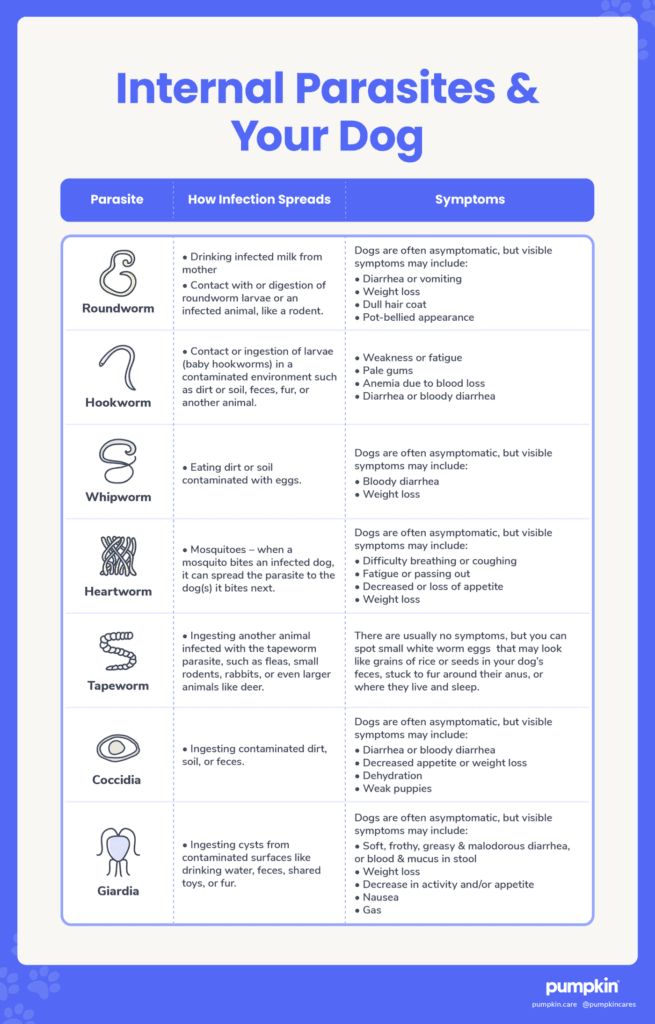The bond between humans and their dogs is often profound, with pets considered integral members of the family. This close relationship, however, can sometimes lead to the unintended transmission of parasites. A common and valid concern among pet owners is, “Can humans get worms from dogs?” Understanding how these parasites spread is crucial for maintaining the health of both your canine companions and your family. At Boulder Veterinary Hospital, we are dedicated to equipping pet owners with the knowledge necessary to safeguard their health and that of their beloved pets. For professional guidance or to address any concerns, please contact us at (303) 442-6262 or book an appointment online.
Understanding Worm Transmission from Dogs to Humans
Parasites, including various types of worms, can indeed transfer from animals to humans. Recognizing the pathways of transmission is the first critical step in effective prevention.
Direct Contact with Contaminated Feces and Soil
One of the primary routes for worm transmission from dogs to humans is through direct contact with infected feces or contaminated soil. When a dog harbors intestinal worms, their feces can contain worm eggs or larvae. If a person, particularly children who are more prone to less hygienic habits, comes into contact with this contaminated material and subsequently touches their mouth or food, infection can occur. This is why prompt and thorough cleanup of pet waste is essential.
Ingestion of Contaminated Food or Water
Worm eggs can contaminate water sources or food items if they have been exposed to infected soil or feces. Consuming food or water that harbors these microscopic eggs or larvae can lead to the establishment of a worm infection in humans. Ensuring fresh water for pets and safe food handling practices are vital preventative measures.
Common Worms Transmissible from Dogs to Humans
Several types of intestinal parasites that commonly affect dogs can also infect humans, each presenting potential health risks. Familiarity with these common culprits is key to early detection and prevention.
Roundworms
Roundworms are among the most frequently transmitted worms from dogs to humans. In humans, these parasites can lead to a condition called visceral larva migrans. This occurs when the larvae migrate through the body’s tissues, potentially causing damage to organs such as the liver, lungs, and eyes, and can result in serious health complications if not treated.
Hookworms
Hookworms pose another risk for zoonotic transmission, leading to a condition known as cutaneous larva migrans in humans. This typically manifests as intensely itchy, red, and raised tracks on the skin, indicating the path of migrating larvae just beneath the skin’s surface. While generally less severe than visceral larva migrans, it can cause significant discomfort and secondary infections from scratching.
Tapeworms
While less common than roundworm or hookworm transmission, certain types of tapeworms can be acquired by humans from dogs. This usually happens indirectly, often through the accidental ingestion of an infected flea that carries tapeworm larvae. Fleas are intermediate hosts for the tapeworm, and when a dog ingests an infected flea during grooming, the tapeworm lifecycle continues. If a human ingests an infected flea, they can also become infected.
Essential Prevention Strategies for Pet Owners
Protecting your family and pets from worm transmission requires a multi-faceted approach encompassing diligent personal hygiene, consistent pet care, and mindful environmental management. Implementing these actionable tips can significantly mitigate the risk.
Regular Veterinary Check-ups and Deworming
A cornerstone of preventing worm transmission is ensuring your dog receives regular veterinary care, including timely deworming treatments. Boulder Veterinary Hospital provides comprehensive wellness exams and can recommend an appropriate deworming schedule tailored to your dog’s specific needs and lifestyle, helping to keep them parasite-free.
Maintaining Strict Personal Hygiene
Consistent and thorough handwashing is paramount, especially after engaging in activities such as playing with your dog, cleaning up their waste, or gardening in areas where pets may roam. Educating children about the importance of hand hygiene, particularly before eating and after outdoor play, is also critical in preventing the spread of parasites.
Ensuring Environmental Cleanliness
Prompt and proper disposal of pet waste is crucial to prevent the spread of worm eggs into the environment. Maintaining a clean living space for both your pets and your family helps to minimize the potential for contamination within your home and yard. Regular cleaning of your pet’s bedding and toys can also contribute to a healthier environment.
Recognizing When to Seek Veterinary Care
If you observe any signs that suggest your dog may have a worm infestation, it is imperative to consult a veterinarian immediately. Common indicators of worms in dogs include the visible presence of worms or segments in their stool, unexplained weight loss, a distended or bloated abdomen, lethargy, vomiting, or noticeable changes in appetite. Boulder Veterinary Hospital is equipped to offer expert diagnosis, treatment, and advice on preventing and managing worm infestations in your pets. Safeguarding your pet’s health is a vital step in protecting your family’s well-being. Should you have any concerns or wish to schedule an appointment, please call us at (303) 442-6262 or book online.

